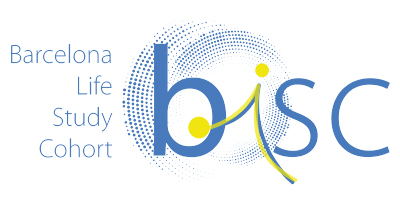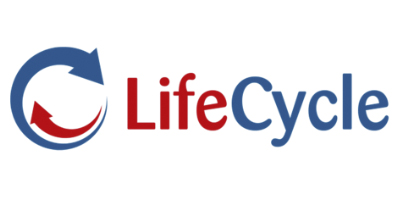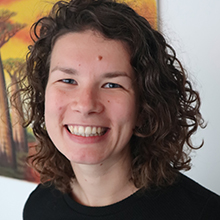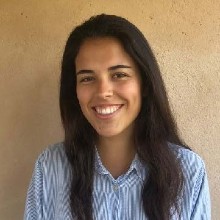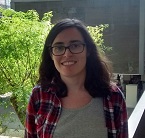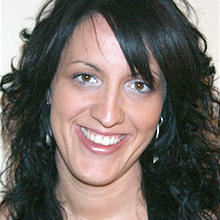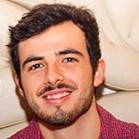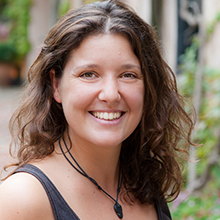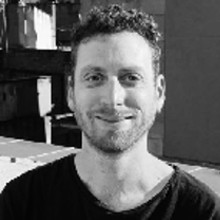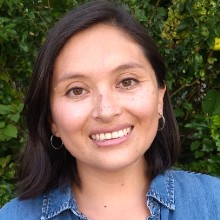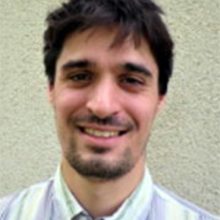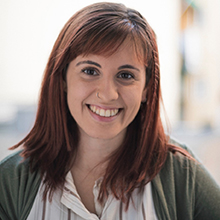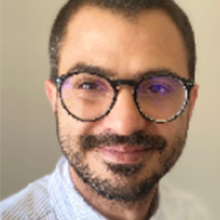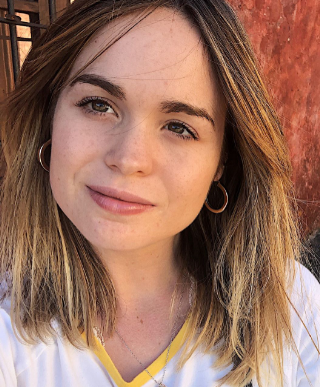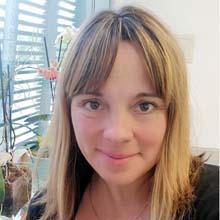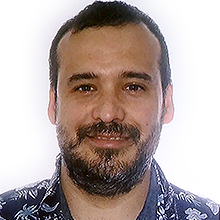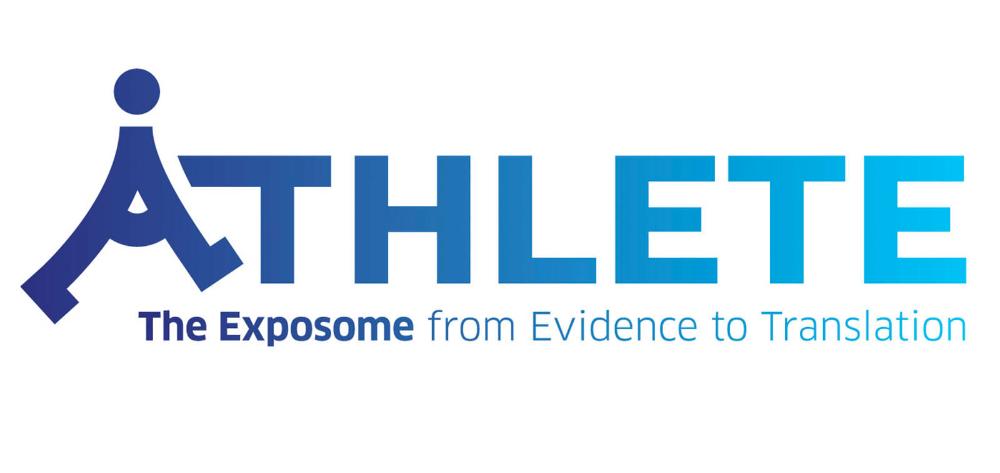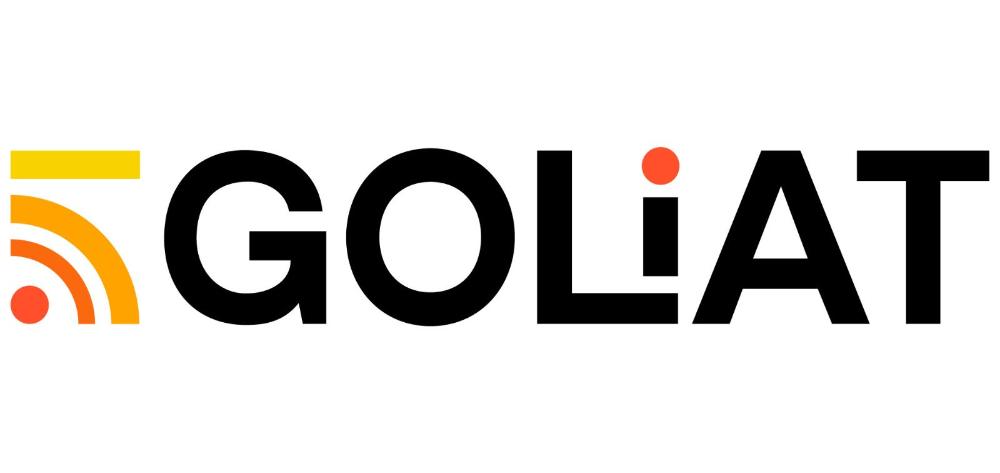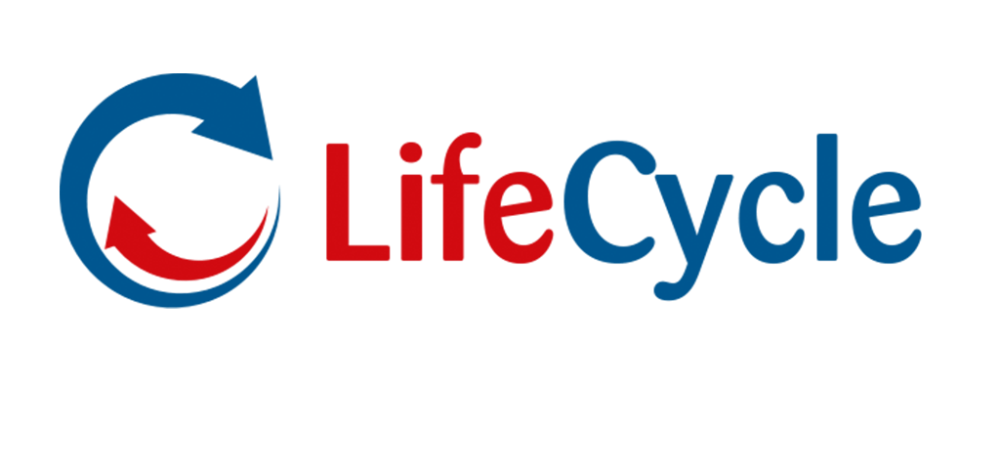Childhood and Environment
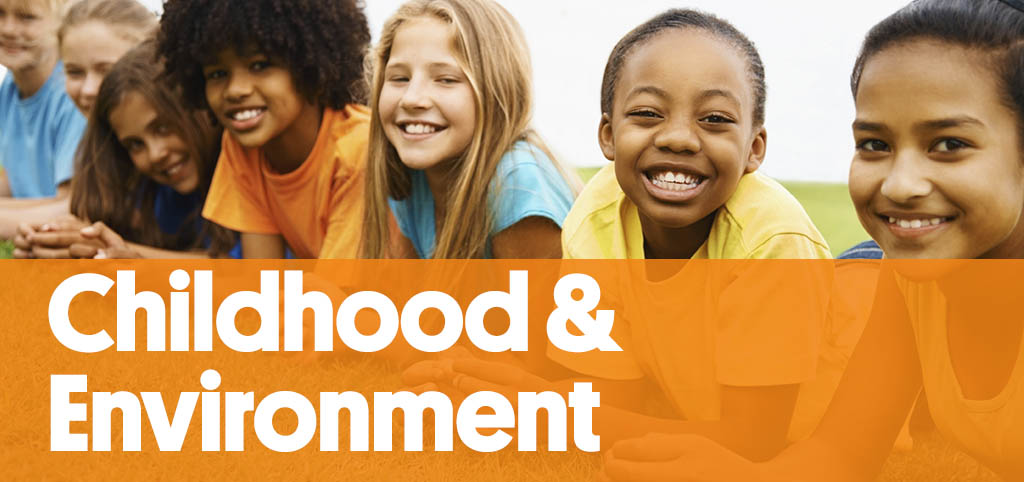
Children’s health is considered a priority at the international level—and also at ISGlobal. Our Childhood and Environment programme focuses on evaluating the effects of environmental pollutants on children’s health , with particular emphasis on exposure during pregnancy and the postnatal period. The figure below describes the main areas of research interest in this field:
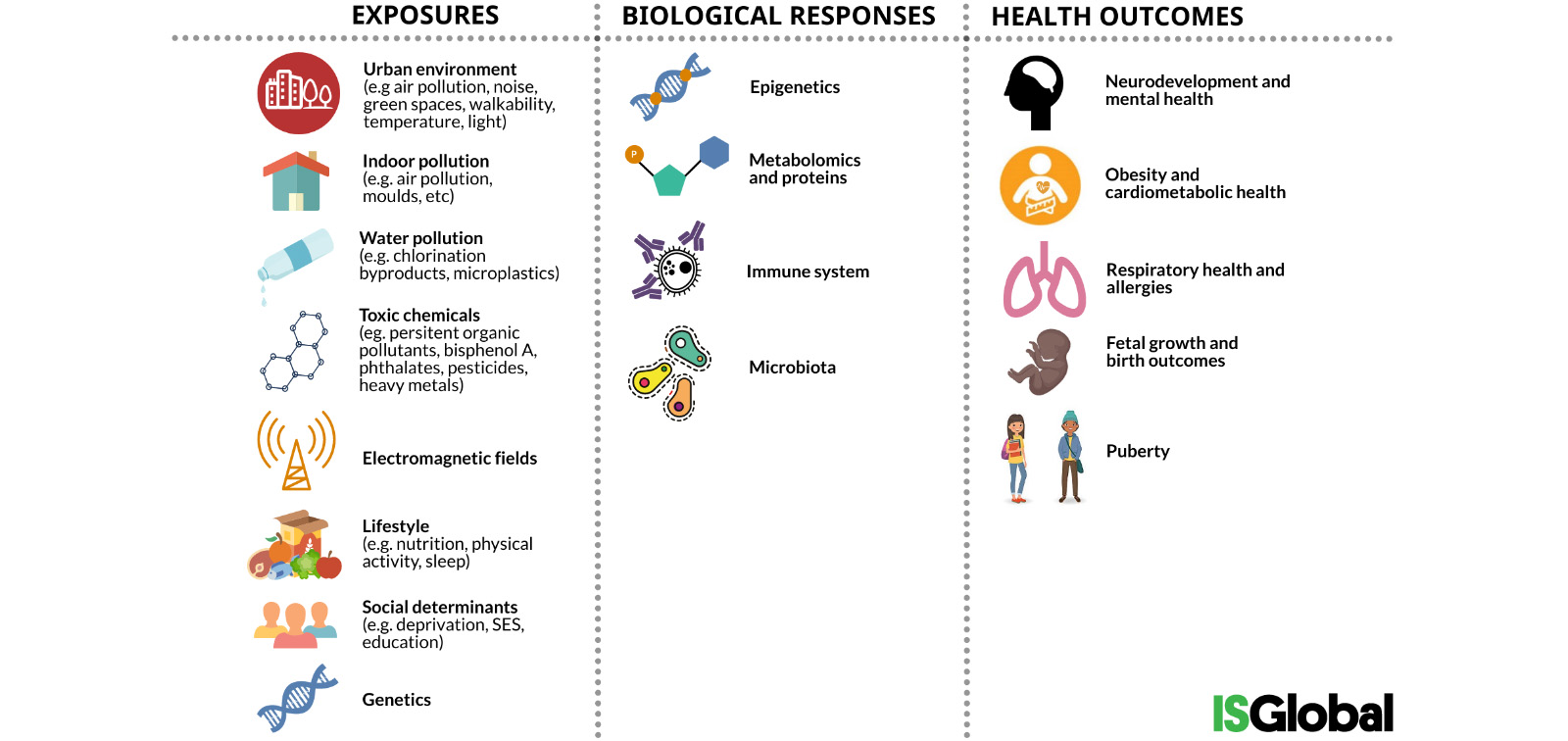
- Exposures
—Urban environment (e.g. air pollution, noise, green spaces, pedestrian areas, temperature, light)
—Indoor pollution (e.g. air pollution, mould)
—Water pollution (e.g. chlorination by-products, microplastics)
—Toxic chemical compounds (e.g. persistent organic pollutants, bisphenol A, phthalates, pesticides, heavy metals)
—Electromagnetic fields
—Lifestyle (e.g. nutrition, physical activity, sleep)
—Social determinants (e.g. restrictions, socio-economic status, education)
—Genetics - Biological responses
—Epigenetics
—Metabolomics and proteins
—Immune system
—Microbiota - Health impacts
—Neurodevelopment and mental health
—Obesity and cardiometabolic health
—Respiratory health and allergies
—Foetal growth and birth outcomes
—Puberty
ISGlobal-Led Birth Cohorts
Within the Childhood and Environment programme, there is a strong focus on longitudinal birth cohort research. We are currently leading a Spanish network of birth cohorts called the INMA Environment and Childhood Project as well as the BiSC birth cohort (in Barcelona and the surrounding metropolitan area).
ISGlobal-Led Birth Cohort Networks
ISGlobal has also been instrumental in building a birth cohort network in Europe through three European projects: ENRIECO, from 2009 to 2011; CHICOS, from 2010 to 2013; and LIFECYCLE, from 2017 to 2021. These efforts have resulted in a framework for data sharing and harmonisation across than 30 European birth cohorts.
Our Team
Head
-
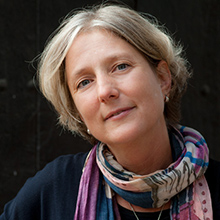 Martine Vrijheid Research Professor and Head of the Environment and Health over the Lifecourse Programme
Martine Vrijheid Research Professor and Head of the Environment and Health over the Lifecourse Programme
Our Team
-
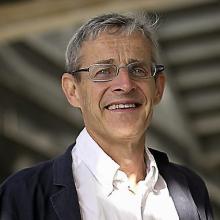 Jordi Sunyer Research Professor
Jordi Sunyer Research Professor -
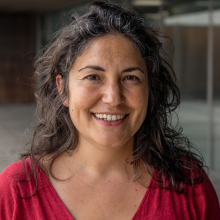 Mònica Guxens Research Professor
Mònica Guxens Research Professor -
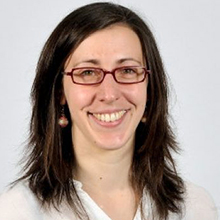 Mireia Gascon Associated Researcher
Mireia Gascon Associated Researcher -
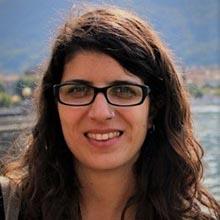 Ioar Rivas Assistant Research Professor
Ioar Rivas Assistant Research Professor -
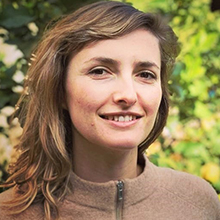 Lea Maitre Assistant Research Professor
Lea Maitre Assistant Research Professor -
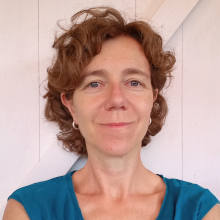 MARIONA BUSTAMANTE Staff Scientist
MARIONA BUSTAMANTE Staff Scientist -
Payam Dadvand
-
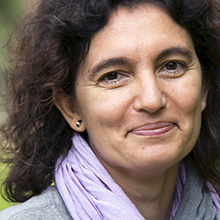 Judith Garcia Aymerich Research Professor and Head of the Environment and Health over the Lifecourse Programme
Judith Garcia Aymerich Research Professor and Head of the Environment and Health over the Lifecourse Programme -
Isabelle Thierry Chef
-
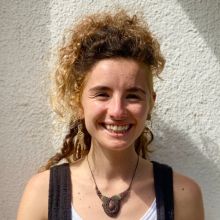 Sofía Aguilar Predoctoral researcher
Sofía Aguilar Predoctoral researcher -
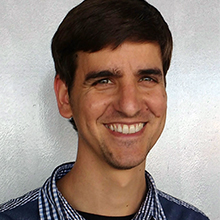 Albert Ambròs Technician GIS
Albert Ambròs Technician GIS -
 Augusto Anguita Postdoctoral Researcher
Augusto Anguita Postdoctoral Researcher -
 Laura Balagué Predoctoral Researcher
Laura Balagué Predoctoral Researcher -
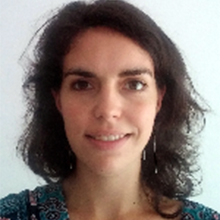 Anne-Claire Binter Postdoctoral Researcher
Anne-Claire Binter Postdoctoral Researcher -
 Núria Botella Statistician
Núria Botella Statistician -
 Laura Ciaran Tècnic de laboratori
Laura Ciaran Tècnic de laboratori -
Lourdes Cirugeda Data Manager INMA
-
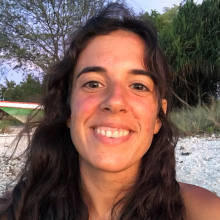 Marta Cosín Postdoctoral Researcher
Marta Cosín Postdoctoral Researcher -
 Ester Cots Predoctoral Researcher
Ester Cots Predoctoral Researcher -
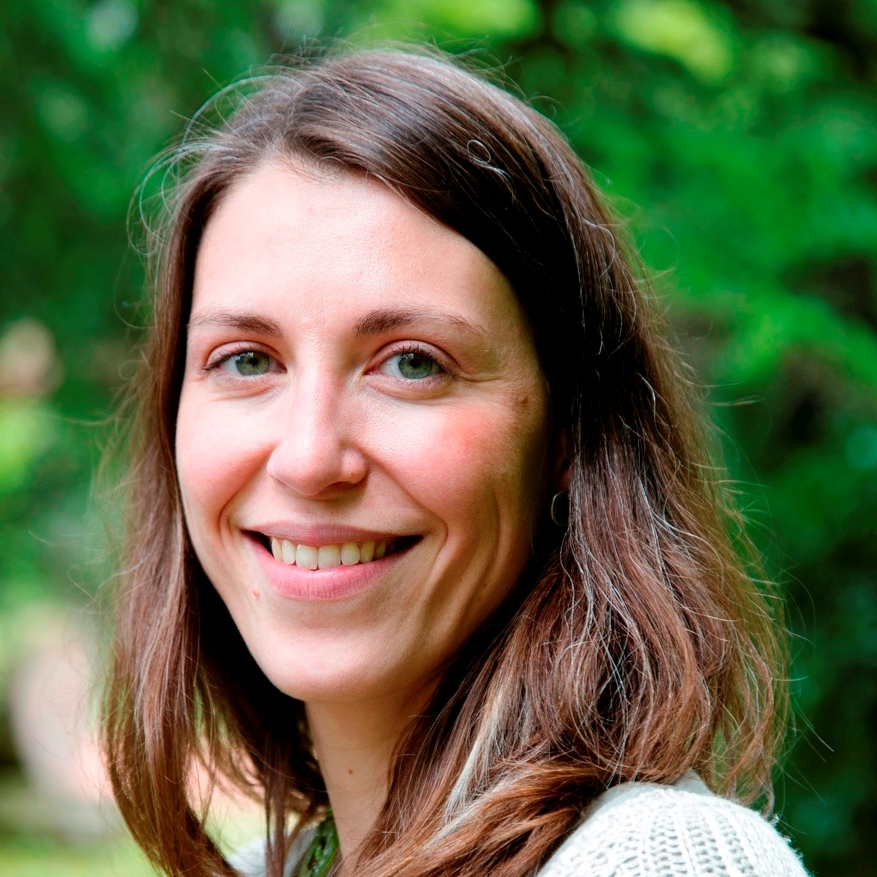 Montserrat de Castro Technician GIS
Montserrat de Castro Technician GIS -
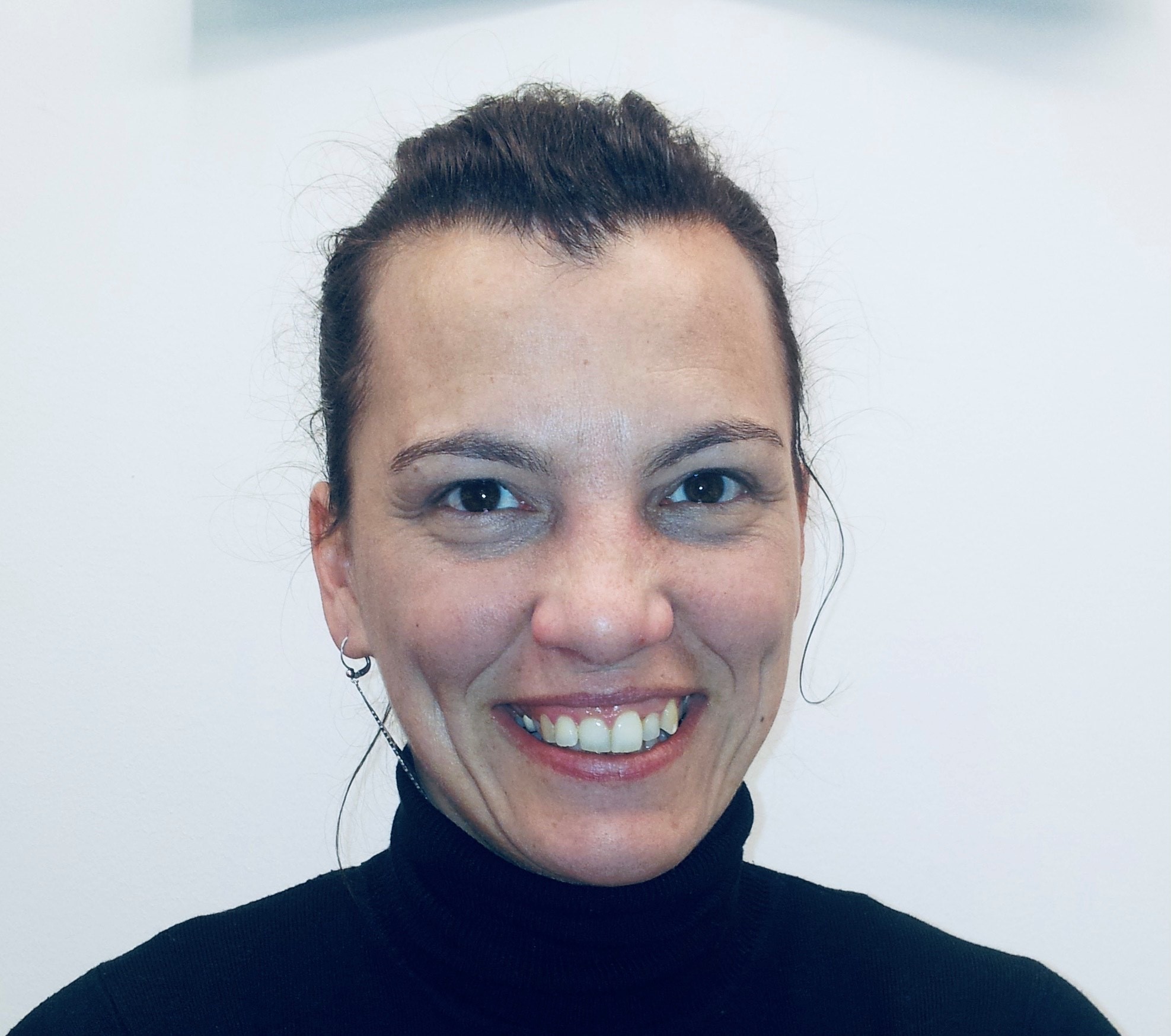 PATRICIA DE LLOBET Research technician
PATRICIA DE LLOBET Research technician -
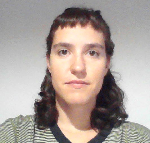 Carola Domènech Field Technician
Carola Domènech Field Technician -
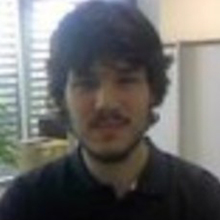 Mikel Esnaola Statistician
Mikel Esnaola Statistician -
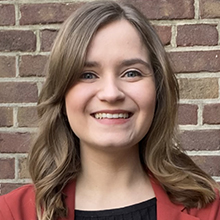 Esmée Essers Predoctoral Researcher
Esmée Essers Predoctoral Researcher -
 Lorenzo Fabbri Predoctoral Researcher
Lorenzo Fabbri Predoctoral Researcher -
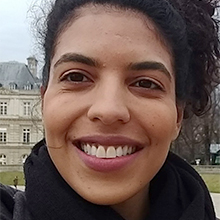 Amanda Fernandes Postdoctoral Researcher
Amanda Fernandes Postdoctoral Researcher -
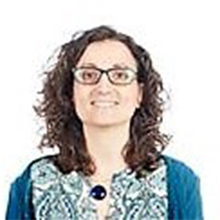 Muriel Ferrer Research Technician
Muriel Ferrer Research Technician -
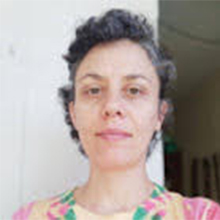 Serena Fossati Postdoctoral Researcher
Serena Fossati Postdoctoral Researcher -
Sheila García Nsue Project Manager
-
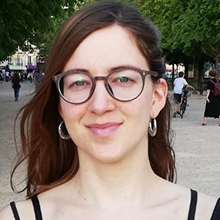 Laura Gómez Predoctoral Researcher
Laura Gómez Predoctoral Researcher -
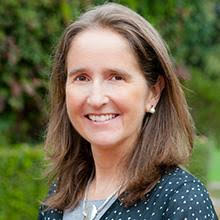 SUSANA GROS Project Manager
SUSANA GROS Project Manager -
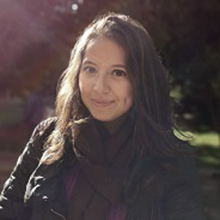 Nuria Güil Predoctoral Researcher
Nuria Güil Predoctoral Researcher -
Jean Baptiste Guimbaud
-
 Pol Jiménez Research Technician
Pol Jiménez Research Technician -
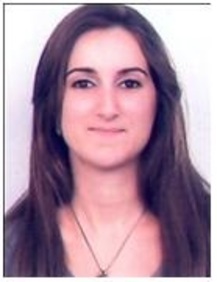 BEATRIZ JURADO Research Technician
BEATRIZ JURADO Research Technician -
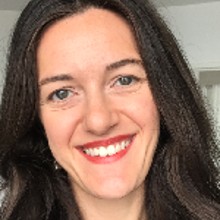 Bethany Knox Predoctoral Fellow
Bethany Knox Predoctoral Fellow
Highlighted Projects
ATHLETE
Advancing Tools for Human Early Lifecourse Exposome Research and Translation
5G expOsure, causaL effects, and rIsk perception through citizen engAgemenT
GOLIAT
LIFECYCLE
Early-life stressors and LifeCycle health
Other projects
See Past ProjectsAURORA 2021
Actionable eUropean ROadmap for early-life health Risk Assessment of micro- and nanoplastics
AIR-NB
Pre-natal exposure to urban AIR pollution and pre- and post-Natal Brain development
Base genética materna y fetal de la función placentaria
Project Code: PI20/01116
UrbanKids
Urban and social environment and childhood obesity – a natural moving2health experiment
ONES
Fine Particle Matter, Fetal Growth, and Neurodevelopment: Examining Critical Windows of Susceptibility
El impacto de la exposición al metaboloma de esteroides materno-fetales en el crecimiento infantil y los resultados neurológicos (IGRO)
Project Code: PI21/01269
NutinBrain
The role of seafood and nut consumption on human neurodevelopment from pregnancy to adolescence
ALTER - Contaminación del aire, microbiota intestinal y neurodesarrollo en los primeros 24 meses de vida
Project Code: PI21/01278
EUCAN-Connect
A federated FAIR platform enabling large-scale analysis of high-value cohort data connecting Europe and Canada in personalized health
OBERON
An integrative strategy of testing systems for identification of EDs related to metabolic disorders
MCC-Spain
Population based multicasecontrol study on common tumours in Spain
EGG/EAGLE
Early Genetics Growth/Early Genetics and Lifecourse Epidemiology
PACE
Pregnancy and Childhood Epigenetics
Alimentación S2: por una dieta saludable y sostenible
Estudio sobre la exposición a nano y microplásticos a través del agua de consumo de Barcelona
¿Es mejor consumir el agua de grifo si queremos reducir la exposición a nano/micropláticos?
Urban Health Citizen Lab
Urban planning, environment and health
Characterizing Oral Exposure to Nanoplastics and Microplastics
Characterization of Oral NMP Exposure
iGenCO
In-Depth Genomics and Cross-Omics Analysis for Undiagnosed Rare Diseases on a User-Friendly Collaborative Platform
CityExposomeCat
An Exposome Approach to Urban Health: Individualized Environmental Exposure Assessment in an Adults Population Cohort Study (GCAT)
Subclinical Infections in Children and Long Term Health Effects
Infection acquisition in early life and health outcomes in childhood - MARATO TV3
Exposición prenatal a sustancias poli y perfluoradas en agua de consumo y neurodesarrollo en el inicio de la vida
Project Code: PI20/00829
TOLIFE
Combining Artificial Intelligence and smart sensing TOward better management and improved quality of LIFE in chronic obstructive pulmonary disease
CUPID
intoDBP
Innovative Tools to Control Organic Matter and Disinfection Byproducts in Drinking Water
EPHOR
Exposome Project for Health and Occupational Research
EXPONIT
Analysing and studying how night shift work affects workers' circadian rhythms and health


